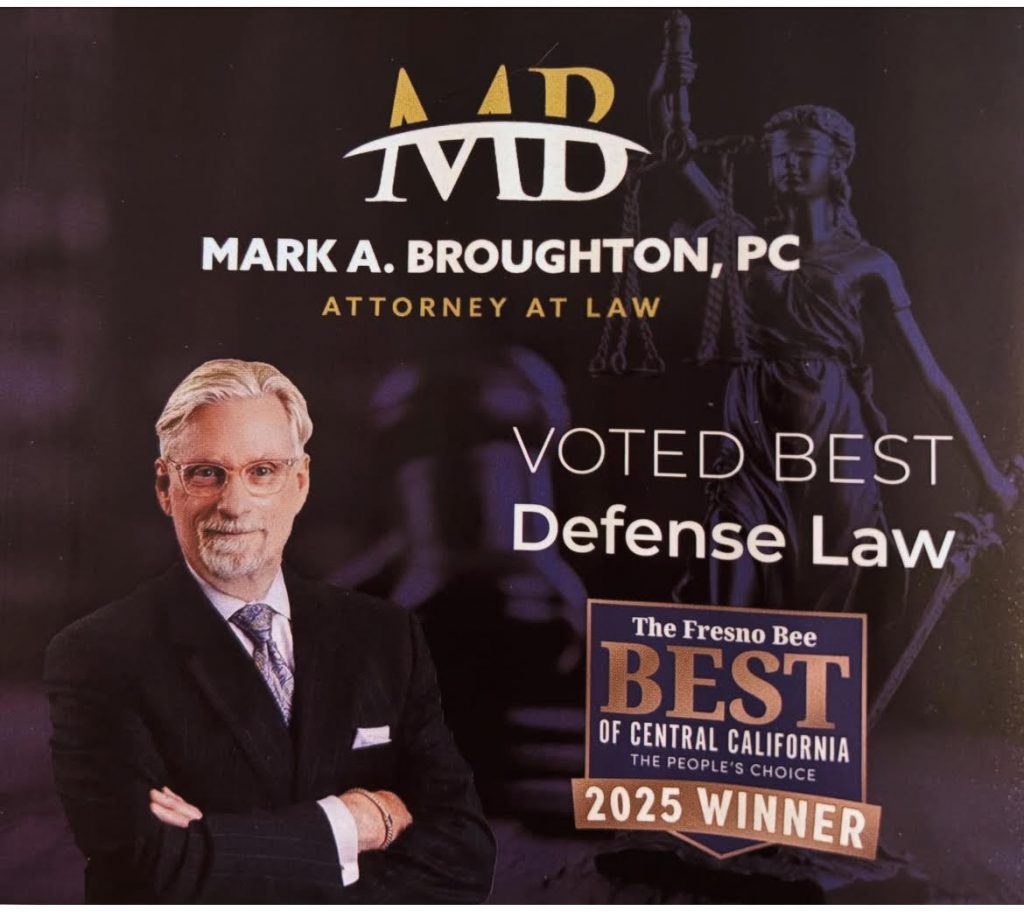What Does Grand Theft Auto Mean?
It sounds serious — and it is — but what does Grand Theft Auto mean, really?
Grand theft auto is a criminal charge involving the theft of a motor vehicle. In California, this crime is considered a form of grand theft, which generally involves the unlawful taking of property valued over $950.
However, when it comes to vehicles, the value actually doesn’t matter. Stealing a car of any worth qualifies as grand theft auto.
Understanding what this charge entails, its potential penalties, and how to defend against it is crucial if you or someone you know is facing this accusation.
What Constitutes Grand Theft Auto?
Grand theft auto occurs when a person unlawfully takes or drives a motor vehicle with the intent to permanently deprive the owner of its use. Unlike joyriding, where the intent is temporary use, auto theft involves the intention of keeping or selling the vehicle.
Common scenarios that can lead to this charge include:
- Stealing a car directly from its owner.
- Illegally taking a vehicle from a dealership or parking lot.
- Using deception or fraud to obtain a vehicle.
Penalties for Grand Theft Auto in California
Grand theft auto is a “wobbler” offense in California, meaning it can be charged as either a misdemeanor or a felony, depending on the circumstances of the crime and the defendant’s criminal history.
- Misdemeanor: If charged as a misdemeanor, the penalties may include up to one year in county jail and/or fines.
- Felony: If charged as a felony, the penalties can be more severe. The penalties may include from 16 months to 3 years in state prison, heavier fines, and/or restitution to the vehicle owner.
Additional penalties may apply if:
- The vehicle taken is particularly valuable, such as a luxury car.
- The theft was part of a larger criminal operation or involved additional crimes like carjacking or burglary.
Legal Defenses Against Grand Theft Auto Charges
Being accused of any crime doesn’t mean a conviction is inevitable, and auto theft is no different. There are several potential defenses that an experienced criminal defense attorney may explore. Some of the legal defenses that may be used against these charges include the following:
- Lack of Intent. A key element of grand theft auto is the intent to permanently deprive the owner of their vehicle. If the accused can demonstrate they had no such intention — for instance, they believed they had permission to use the car — the charges may not hold.
- Mistaken Identity. Misidentification can occur, particularly in cases involving multiple individuals or insufficient evidence linking the accused to the theft.
- Consent. If the vehicle’s owner gave permission for the use of the car, this can serve as a defense against grand theft auto charges. This defense is especially relevant in cases involving misunderstandings or disputes between acquaintances.
- Duress or Coercion. If the defendant was forced to take the vehicle under threat of harm, they might not be held criminally liable for the theft.
The Importance of Hiring an Experienced Criminal Defense Attorney
Facing any criminal charge is a serious matter that requires skilled legal representation. Here’s how an experienced criminal defense attorney can help:
- Review the evidence and identify weaknesses in the prosecution’s case.
- Negotiate with prosecutors to potentially reduce charges or penalties.
- Present a robust defense in court, aiming for acquittal or reduced sentencing.
If you or a loved one is facing grand theft auto charges, contact Mark Broughton for a free consultation. With decades of experience in criminal defense, Mark will provide the knowledgeable and compassionate representation you need to navigate this challenging situation and pursue the best possible outcome.
Contact Mark Broughton for a Free Consultation
Contact Mark Broughton today for a free consultation to discuss your case and explore your options.
Call 559-691-6222 or click here to use our convenient online form to get legal help today.
Have More Questions Regarding Criminal Defense?
We do our best to answer common questions on our FAQ Page.




